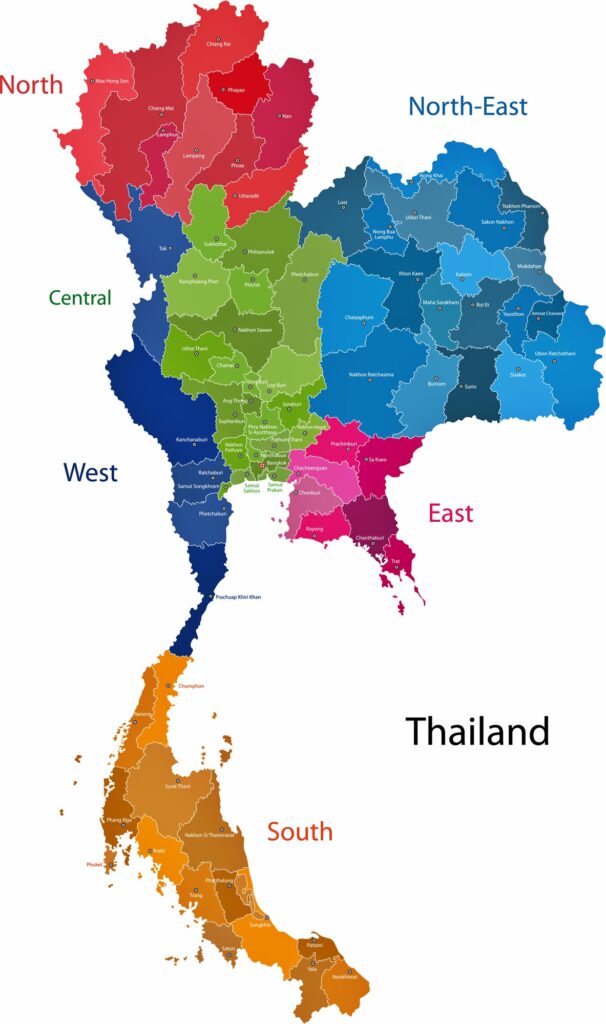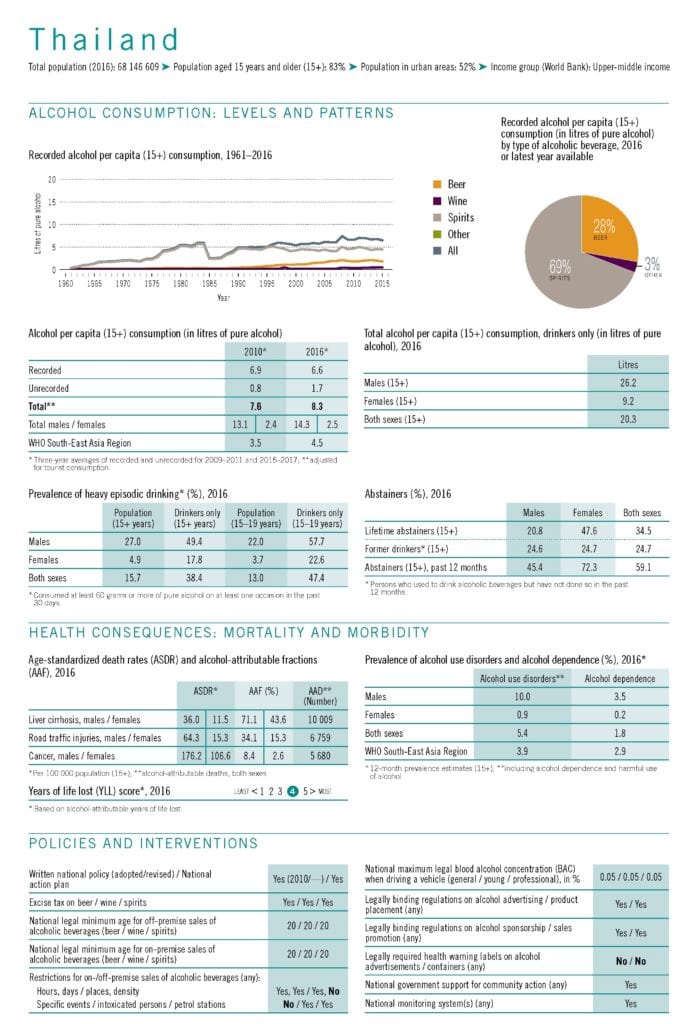Experts are opposing the latest plans by the Tourism and Sports Minister to increase alcohol sales hours by 2 hours till 4:00 AM in tourist provinces in Thailand.
The Tourism and Sports Minister Phiphat Ratchetitprakarn will be seeking permission from the Centre for COVID-19 Situation Administration (CCSA) to allow pubs to be open for two more hours, extending the opening hours till 4:00 AM in several tourist provinces. The minister plans to submit this proposal to the CCSA by September 2022.
If approved it could come into effect from October in the tourist provinces
- Bangkok,
- Pattaya of Chon Buri,
- Krabi, Phuket,
- Hua Hin of Prachuap Khiri Khan,
- Samui of Surat Thani and
- Chiang Mai.
The minister’s claim to support the increase of alcohol availability is that it would boost the nighttime economy. He also claimed it would NOT increase alcohol sales. His plans to increase the alcohol sales hours were partly driven by requests from those who joined the most recent Full Moon Party. The minister inspected this party which included about 10,000 local and foreign participants.
Full moon parties in Thailand that are held in Koh Pha-ngan are famous for being fueled by heavy alcohol use till the early hours of dawn. Full Moon Parties have also become notorious for other drug use, assaults and robberies. For example, the British Government has officially warned tourists to exercise caution at Full Moon Parties.
Scientific evidence shows and communities know from experience that increasing the availability of alcohol leads to increased sales, consumption, and harm due to alcohol.
As the director of the Centre of Alcohol Studies of Maha Sarakham University’s Faculty of Pharmacy, Surasak Chaiyasong explained: restricting alcohol availability is a World Health Organization (WHO) recommended policy solution to prevent alcohol harm. The center is, therefore, opposing the plans by the Minister of Tourism
Mr Chaiyasong further provided evidence that increasing the availability of alcohol specifically at night can lead to more alcohol-related assaults and impaired driving cases in the country. For example, in Iceland a one-hour extension of alcohol sales led to an increase in alcohol-impaired driving casualties, and in Norway one hour extra alcohol sales led to a 16% increase in the physical abuse rate.
Driving under the influence of alcohol (DUI) is already a massive problem hurting people and communities in Thailand. According to the WHO, 26% of road deaths in Thailand are due to alcohol. DUI cases spike specifically during festivals and events. For example, during the 2022 Songkran Festival (Thai New Year) authorities charged 7,141 people for breaking DUI laws.
Increasing the availability of alcohol in events such as Full Moon parties which are already marred by a high number of assaults, robberies, and safety issues will deepen these problems and threaten the safety of both foreigners and locals.
Alcohol harm and policy in Thailand
According to the World Health Organization, the total per capita alcohol consumption in Thailand is 8.3 liters. This is higher than the WHO South-East Asia regional average. Thai men who use alcohol consume 26.2 liters of alcohol per capita. Nearly half (47.4%) of young people between 15 to 19 years of age who consume alcohol engage in binge alcohol use.
About 80% of Thai people who had been surveyed reported being harmed by someone else’s alcohol use often in brawls or as a result of other problems.
According to the NCD Investment Case for Thailand, the country is particularly vulnerable to non-communicable diseases (NCDs). One major driver of NCDs is alcohol. Thailand has the highest level of alcohol use in the WHO South-East Asia region (twice the regional average).
The Thai government has made strides in advancing evidence-based alcohol policy solutions. For example, the country has a world-class alcohol policy model, including the WHO recommended alcohol policy best buy solutions:
- The alcohol tax is earmarked to be reinvested in alcohol prevention and control and health promotion activities;
- The legal age limit and other alcohol availability regulations are better than in many other countries in the region and around the world;
- And alcohol marketing is also comprehensively regulated.
The Minister of Tourism’s plans to increase alcohol availability will weaken this proven alcohol policy model which is meant to protect and promote the health of people, communities, and society at large.


